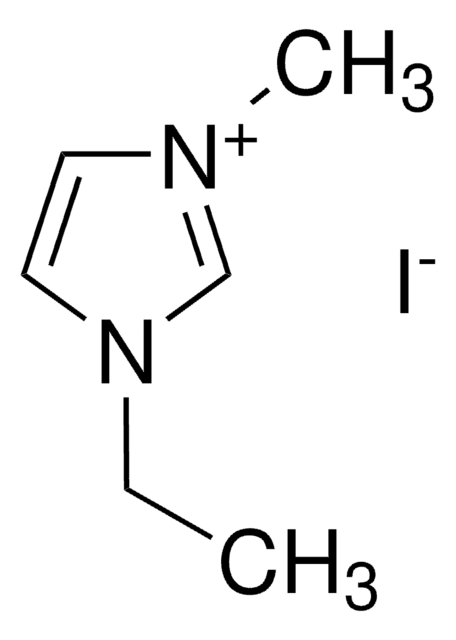おすすめの製品
詳細
Titanium (Ti) wire is a semiconductor material that has an energy band gap of ~4.85 eV and an electrical conductivity of ~10-13 Ω-1cm-1.
アプリケーション
Ti wire can be used in a variety of applications such as dye sensitized solar cells (DSSCs), solid phase microextraction fiber, biomedical use, and in the fabrication of TiO2 nanotubes.
数量
2.2 g = 10 m; 11 g = 50 m
保管分類コード
11 - Combustible Solids
WGK
nwg
引火点(°F)
Not applicable
引火点(℃)
Not applicable
個人用保護具 (PPE)
Eyeshields, Gloves, type N95 (US)
適用法令
試験研究用途を考慮した関連法令を主に挙げております。化学物質以外については、一部の情報のみ提供しています。 製品を安全かつ合法的に使用することは、使用者の義務です。最新情報により修正される場合があります。WEBの反映には時間を要することがあるため、適宜SDSをご参照ください。
労働安全衛生法名称等を表示すべき危険物及び有害物
名称等を表示すべき危険物及び有害物
労働安全衛生法名称等を通知すべき危険物及び有害物
名称等を通知すべき危険物及び有害物
Jan Code
460400-VAR:
460400-11G:
460400-2.2G:
460400-BULK:
この製品を見ている人はこちらもチェック
Unbreakable solid-phase microextraction fibers obtained by sol- gel deposition on titanium wire
Azenha MA, et al.
Analytical Chemistry, 78(6), 2071-2074 (2006)
Porous titanium materials with entangled wire structure for load-bearing biomedical applications
He G, et al.
Journal of the Mechanical Behavior of Biomedical Materials, 5(1), 16-31 (2012)
Electrode coatings from sprayed titanium dioxide nanoparticles-behaviour in NaOH solutions
Hayden BE, et al.
Electrochemical Communications, 3(8), 390-394 (2001)
The 3-dimensional dye-sensitized solar cell and module based on all titanium substrates
Liu Y, et al.
Applied Energy, 87(2), 436-441 (2010)
Improved photocatalytic degradation of textile dye using titanium dioxide nanotubes formed over titanium wires
Kar A, et al.
Environmental Science & Technology, 43(9), 3260-3265 (2009)
資料
Biomedical implants are essentially foreign substances within the human body that must survive many years’ exposure to demanding mechanical and physiological conditions. Despite these challenges, metal implants have been widely used to substitute for or rebuild hard tissues such as bones and teeth.
ライフサイエンス、有機合成、材料科学、クロマトグラフィー、分析など、あらゆる分野の研究に経験のあるメンバーがおります。.
製品に関するお問い合わせはこちら(テクニカルサービス)




